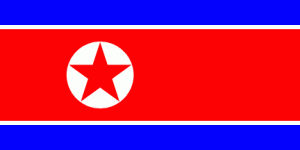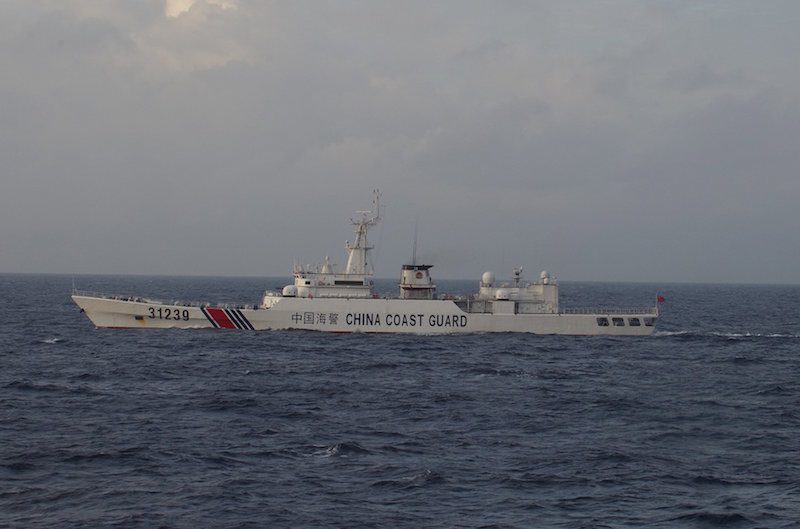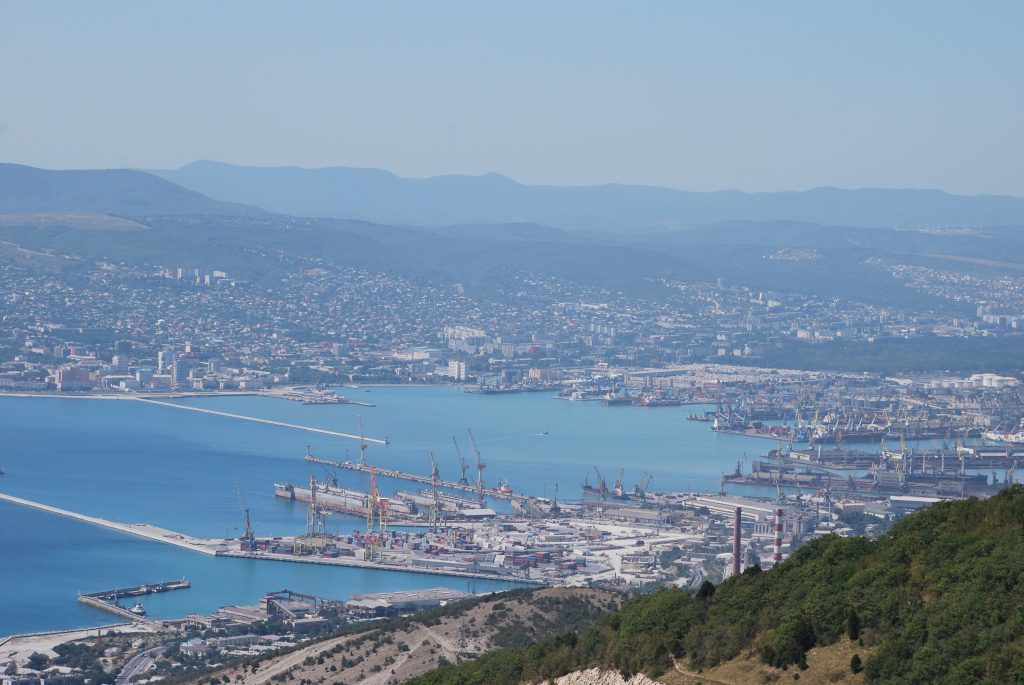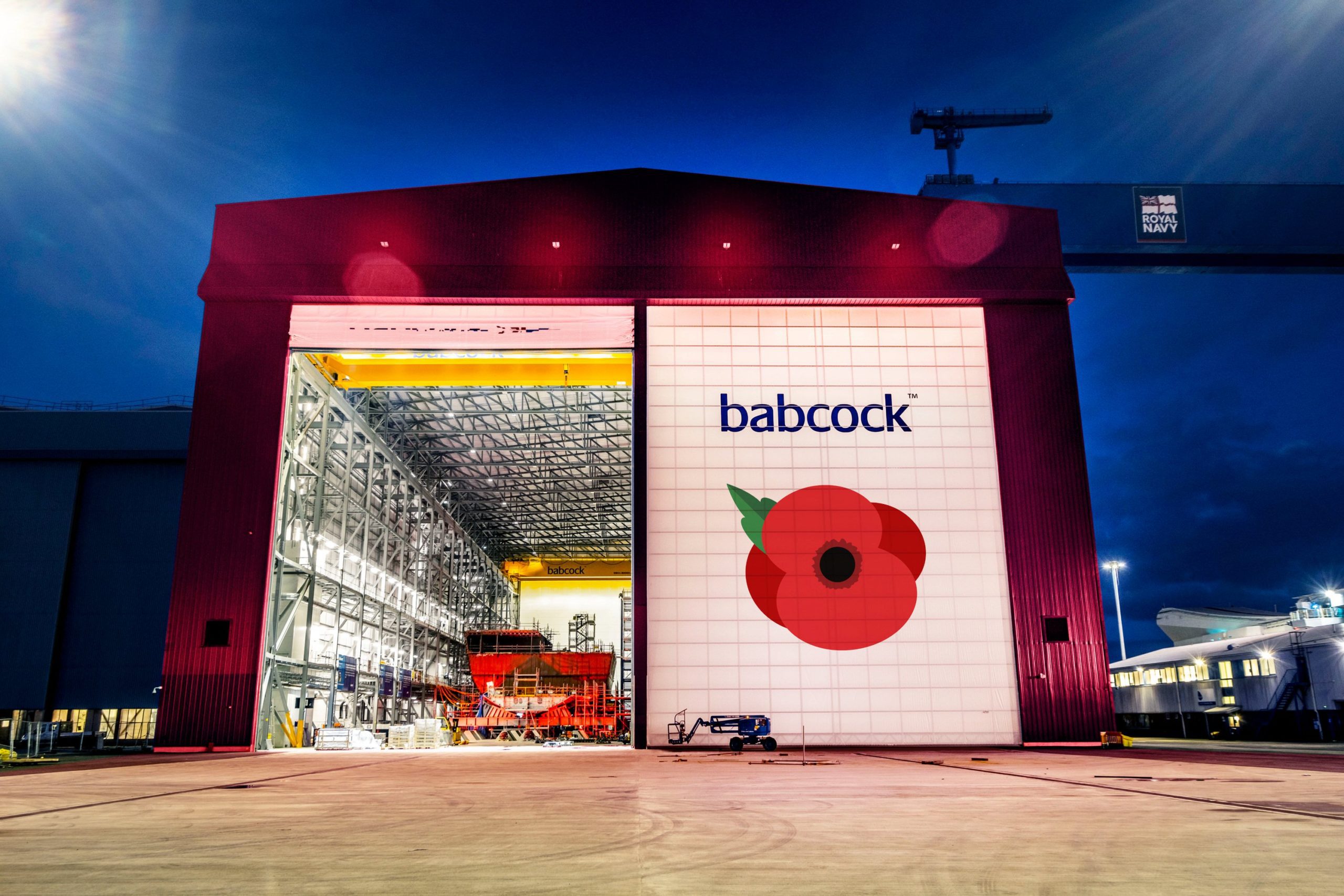
SEOUL— (Dow Jones & Co) The turning back of a North Korean ship suspected of transporting missiles and parts, the highest-profile interdiction against Pyongyang in more than a year, shows that the cat-and-mouse game over its weapons program is still on—and that it remains unclear which side is winning.
Under pressure from the U.S. and other countries, a North Korean vessel called the M/V Light turned around in the South China Sea two weeks ago and returned to the North last week, U.S. and South Korean officials said Monday.
Among the countries that agreed to apply pressure was Myanmar, a previous destination for North Korean weapons, a senior U.S. official said. Some reports said the North Korean ship was bound for Myanmar, but the U.S. official, Gary Samore, special assistant to President Barack Obama on weapons of mass destruction, said its final destination wasn’t clear.
“It was headed for the Straits of Malacca, which would have required it to pass between Malaysia and Singapore,” Mr. Samore said. “Since we had alerted the Singaporean and Malaysian authorities, there might have been concern [in Pyongyang] whether it could pass through the straits without action by either of those countries.”
The ship turned around, without the U.S. resorting to force, before reaching the straits.
North Korea’s state media haven’t reported on the latest journey of the M/V Light, keeping with a silence it maintained over previous interceptions of its weapons-ferrying ships and planes.
The incident is unlikely to change the fundamental standoff between North Korea and other nations over its nuclear-weapons program. The U.S., China and other countries have tried to lure North Korea back to the so-called six-party talks, in which Pyongyang has been encouraged to give up its nuclear pursuit in exchange for economic incentives and security guarantees.
Mr. Samore said the multilateral cooperation is a signal to North Korea that other nations remain committed to enforcing the trade limitations set forth by the U.N. Security Council several weeks after Pyongyang tested a nuclear weapon in 2009.
“To the extent we can persuade North Korea to engage in negotiations over their nuclear program, we have to demonstrate to them that they’re paying a penalty for refusing to engage, for violating the U.N. Security Council resolutions,” Mr. Samore said. “Denying them revenue from weapons sales is one of the tools that we have available.”
Estimates about the size of North Korea’s weapons exports are widely varied and imprecise, but the country has a long history of weapons sales to countries such as Iran, Syria and Myanmar. Since the 2009 sanctions, North Korean weapons shipments have been stopped several times at sea, but analysts believe air shipments have increased.
At a nuclear-disarmament conference Monday in Seoul, participants said the development showed Pyongyang’s authoritarian regime is still hoping to use its weapons program to boost its impoverished economy. “Today’s news shows the challenge of trying to manage the flow of [nuclear] technology,” Leonard Spector, deputy director of the Monterey Institute’s Center for Nonproliferation Studies, Washington, said at the conference.
U.S. officials in late May began tracking the M/V Light, and a U.S. Navydestroyer intercepted it on May 26 and followed it down the Chinese coast for several days. Meanwhile, American diplomats won agreement from several southeast Asian nations to stop the ship if it attempted to make port.
U.S. officials also discussed the M/V Light with North Korean officials several times via the North’s U.N. delegation, a so-called back channel the two countries use because they don’t maintain official diplomatic relations.
“The North Koreans claimed the ship was going to Bangladesh with a cargo of industrial chemicals,” Mr. Samore said. “We have no way to verify whether any of that was true. And we had good reason to be suspicious with this ship, which in the past has been involved in the export of weapons to [Myanmar] and other locations in the Middle East.”
The U.S. military intercepted a North Korean cargo ship suspected of carrying weapons in July 2009. That ship was bound for Myanmar and returned to North Korea after being shadowed by a U.S. military ship for several days.
Around the same time, the United Arab Emirates detained a ship carrying conventional arms made in North Korea that were headed for the Middle East. India, South Africa and South Korea made similar searches or seizures of North Korean ships later that year. And in December 2009, Thailand grounded a cargo plane that was transporting missile parts from North Korea to the Middle East.
Dow Jones & Company, Inc.

 Join The Club
Join The Club












